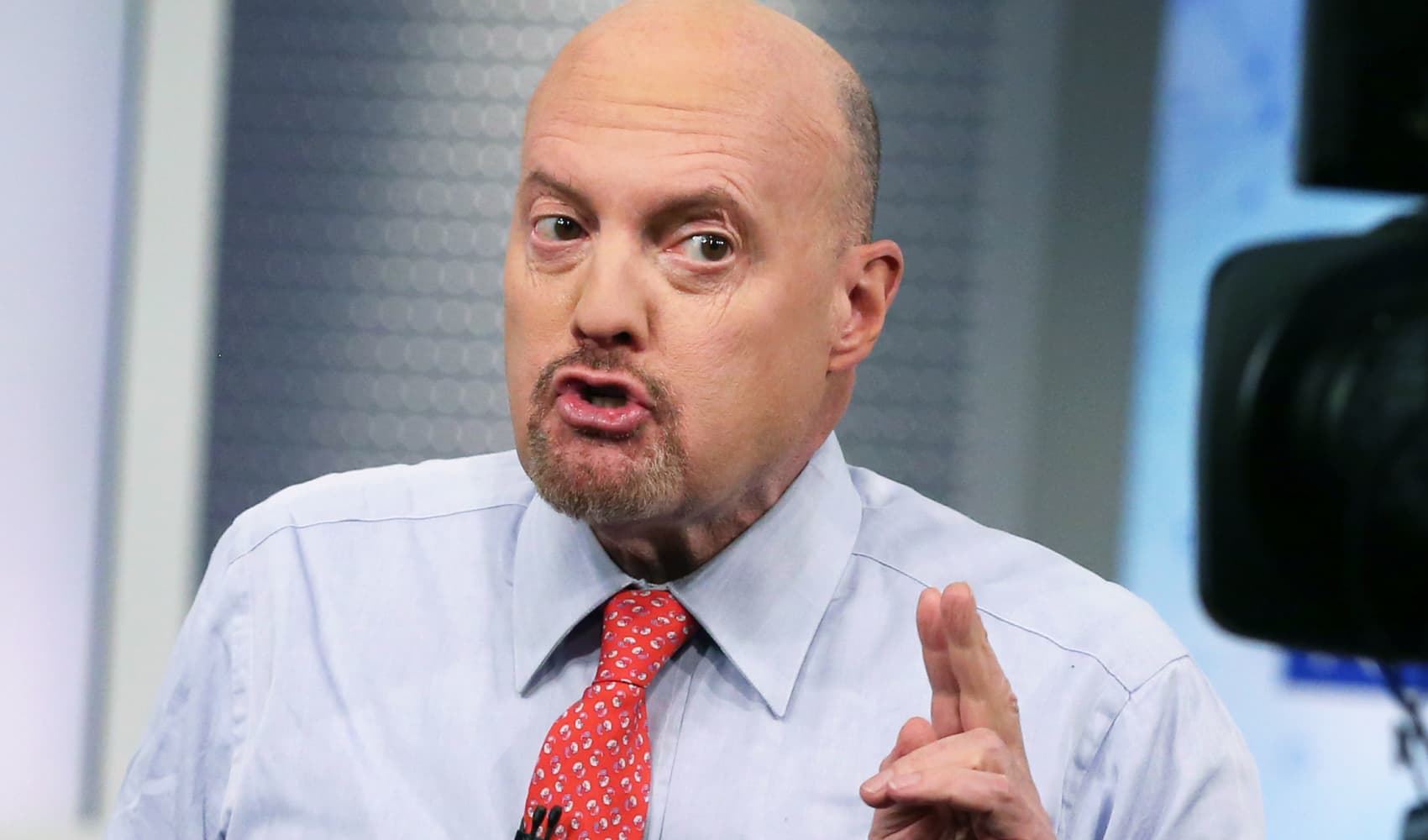
Nike, the world's largest sportswear brand, is on a mission to regain its stride after a challenging year.
Analysts say a yearslong series of strategic errors led to the company's worst trading day ever over the summer, during which shares fell 20%, wiping $28 billion off of Nike's market cap.
Last week, the company posted its first earnings report under new CEO Elliott Hill, which analysts say could mark the beginning of a long turnaround for the brand.
"When Nike puts innovation behind their products, they can bring back growth," said Stacey Widlitz, president of SW Retail Advisors. "But it's going to be a long-term, painful process."
Get top local stories in San Diego delivered to you every morning. >Sign up for NBC San Diego's News Headlines newsletter.
The company's challenges started in 2020, when the retailer began limiting ties with wholesale partners, like Foot Locker and Dick's Sporting Goods, in an effort to boost sales from its own platforms and stores. The plan initially saw increased direct sales, but as Covid lockdowns lifted in 2021, Nike's revenue from direct channels began stalling.
Analysts say Nike's lack of product innovation and absence from wholesalers also allowed newer rivals like Hoka and On Running to gain market share.
"That was a mistake," Widlitz said. "When you pull back from that channel and withhold some of your best and newest product, someone else comes in and fills those shelves."
Money Report
In April, then-CEO John Donahoe told CNBC that the company had over rotated to digital and was working to correct it.
Nike is now dealing with an excess of inventory from sales slowdowns as consumers turn to newer styles from other brands. In its most recent earnings report, Nike said it will focus on returning to innovation, centering its marketing on sports and clearing out old inventory through promotions.
Now, all eyes are the company's new CEO, 32-year Nike veteran Hill, to turn the sportswear giant around.
Watch the video above to learn more.






